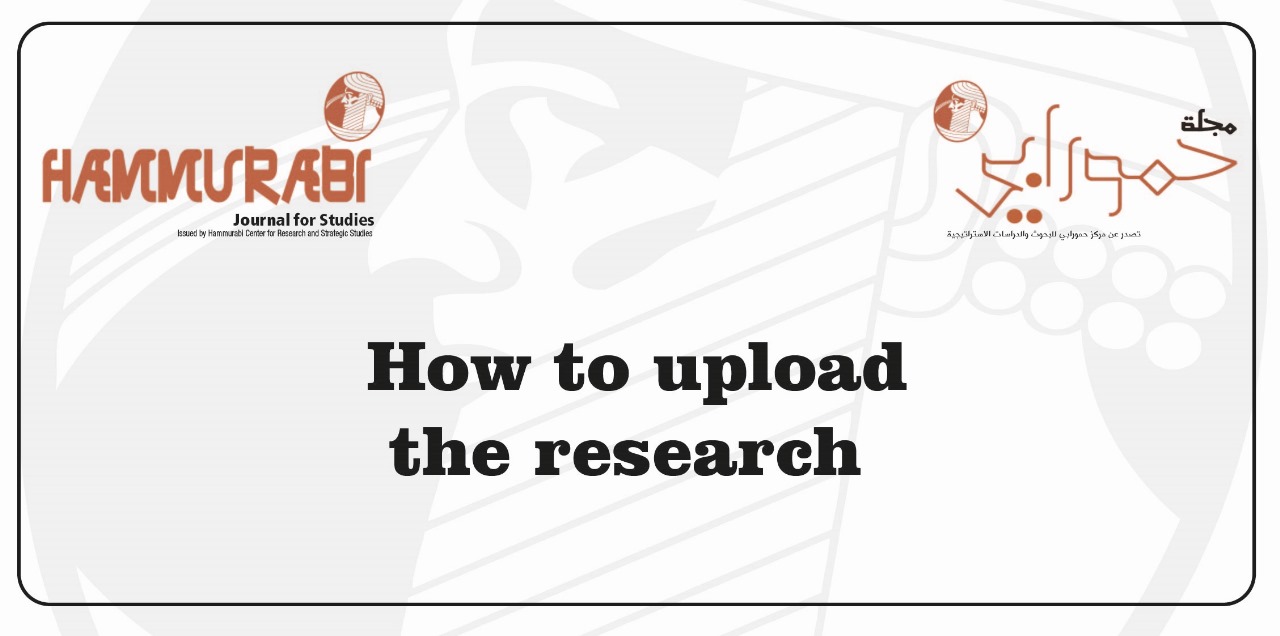Identity struggle in Türkiye during the era of the Justice and Development Party
Abstract
The identity conflict in Turkey occupies an influential role in building the identity of the Turkish state. This conflict is not new, but extends to the founding of this state by Mustafa Kemal Ataturk, who established the secular identity of Turkey as the state’s doctrine. However, the conflict and intersections between the secular and Islamic visions, between conservatism and modernity, and between East and West, have continued. This conflict escalated after the Justice and Development Party came to power and gained control, which made the Islamic character prevail over the secular character that had lasted for decades and which was the identity of the state and one of its constants. The most recent of which were several measures taken by the Justice and Development Party, led by Recep Tayyip Erdogan, and exploiting the failed coup to eliminate any threat. It hinders the party's policy, during which the Islamists strengthened their grip, despite their emphasis on the supreme principles of the Turkish Republic.











